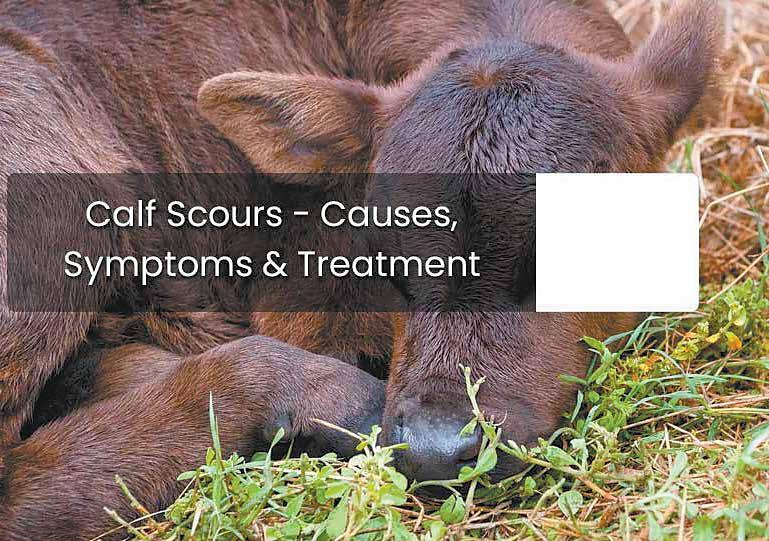Outcome-Based Management and Federal Rangeland Administration: Reframing Adaptive Management on a Complex Institutional Landscape Katie Wollstein1, Chloe Wardropper2, Emily Jane Davis1, and Dennis Becker3
Researcher affiliations: 1. Oregon State University, 2. University of Illinois Urbana-Champaign, 3. University of Idaho. This research was part of the Doctoral Dissertation of K. Wollstein conducted at the University of Idaho.
The Bureau of Land Management (BLM) has recently sought to integrate greater flexibility into federal rangeland management through a series of initiatives collectively termed “outcome-based rangeland management” (OBM). In contrast to traditionally prescriptive approaches to rangeland administration, OBM was envisioned to offer a collaborative means for BLM staff and livestock grazing permittees to adaptively respond to placespecific challenges by: (1) identifying desired social, economic, and ecological outcomes for grazing allotments, and (2) adaptively managing to achieve desired outcomes. Outcome-based initiatives include the BLM’s Outcome-Based Grazing Authorization demonstration projects as well as guidance from BLM leadership encouraging field staff to incorporate elements of OBM into existing grazing permits (IM2018-109). Most livestock grazing permits contain few or no mechanisms for accommodating annual variation (e.g., in forage production or fuel loads) or responding to unexpected events such as wildfire. This highlights a fundamental tension in rangeland administration: it is difficult to develop policies or programs for sustainable resource management while also offering avenues for experimentation, learning, and adaptation to occur. Thus, there is a need to understand the social and policy conditions that enable or limit OBM and similar efforts to adaptively manage federal rangelands. Research Questions This research was comprised of two studies, organized around the following research questions: 1. How do rules and norms interact and enable (or constrain) the use of outcome-based approaches to manage fire risk? 2. What learning, institution-building, and legitimation is occurring (or needs to occur) for broadscale OBM implementation? Activities and Findings Because OBM was taking shape in real-time, this research was largely exploratory and used a combination of document analysis, in-depth interviews, comparative case studies, and qualitative induction. Research protocols were approved by the University of Idaho’s Institutional Review Board for compliance with human subjects research requirements (protocol #17-232).
How do rules and norms interact and enable (or constrain) the use of outcome-based approaches to manage fire risk? Using three comparative case studies comprised of 70 semi-structured interviews with permittees, BLM staff, and other agency and nongovernmental stakeholders in three Idaho BLM Field Areas, we examined how rules and norms interact and create or eliminate arenas of discretion for implementing outcome-based approaches to address wildfire risk on Idaho’s BLM rangelands. We find the following: • Within BLM Field Areas, rules, current norms, and resource condition are mutually reinforcing and together create perceptions of barriers or avenues for OBM implementation. • Different norms among BLM Field Areas have a large role in participants’ interpretations of latitude found within rules and policies. This is evidenced by different uses of administrative tools among the BLM Field Offices to create or limit flexibility within the Field Area.
Implications Barriers to OBM are not solely derived from inflexible policies. Latitude can be found within existing rules, and the social conditions within BLM Field Areas determine if and how this latitude is interpreted and applied. That is, differences in norms and culture among BLM Field Areas lead to different interpretations of latitude found within formal rules. We also find that OBM implementation is largely dependent upon staff within BLM Field Offices. Their actions can clarify the boundaries of new practices, generate knowhow and legitimacy, and produce new institutions. If supported by concurrent development of further formal guidance, these actions can eventually lead to the creation of conditions within BLM Field Areas that are receptive to outcome-based approaches.
• Whether participants “saw” flexibility within rules and policies were related to BLM-permittee relationships, staff experience (e.g., history with litigated grazing decisions), and leadership.
Funding
In short, this study underlines the role of social conditions within individual Field Areas in creating or reducing the discretion BLM Field Offices perceive they can exercise within existing rules and policies.
• US Dept of Agriculture National Institute of Food and Agriculture McIntire Stennis projects (#1019024 and #1015330)
What learning, institution-building, and legitimation is occurring (or needs to occur) for broadscale OBM implementation? Through 32 in-depth interviews with BLM staff and analysis of documents and media, we examined the learning that occurred or will need to occur to legitimate OBM and lead to the creation of new institutions (i.e., rules and/or cultural acceptance) to support broadscale implementation. • A lack of formal guidance on OBM implementation limits initial perceptions of legitimacy and uptake within BLM Field Offices. • Some savvy BLM Field Office staff are implementing elements of OBM, but seek to legitimize their actions through: (1) approval from higher levels of the BLM, and/or (2) successfully defending them in court. • BLM District Offices have a large role in facilitating knowledge-sharing between Field Offices
38 NOVEMBER/DECEMBER 2022
Individual Field Office staff have an outsized role in clarifying was is or is not acceptable under OBM, sharing this knowledge, and generating legitimacy. But without the development of further rules or guidelines for OBM, legitimization of OBM (and subsequent institutionalization) will be limited.
The Progressive Rancher
• Joint Fire Science Program Graduate Innovation (GRIN) Award (#18-1-01-18)
• 2020 UI College of Natural Resources Curt Berklund Graduate Research Scholar Award • UI Office of Research and Economic Development Research Infrastructure and Scholarly Excellence (RISE) Graduate Research Fellowship For more information contact: Dr. Katie Wollstein; 541-573-8924; katherine.wollstein@oregonstate.edu
ADDITIONAL READING: Rangeland Ecology & Management
www.elsevier.com/locate/rama Outcome-Based Approaches for Managing Wildfire Risk: Institutional Interactions and Implementation Within the “Gray Zone” by K. Wollstein, C.B. Wardropper, D.R. Becker www.progressiverancher.com




















